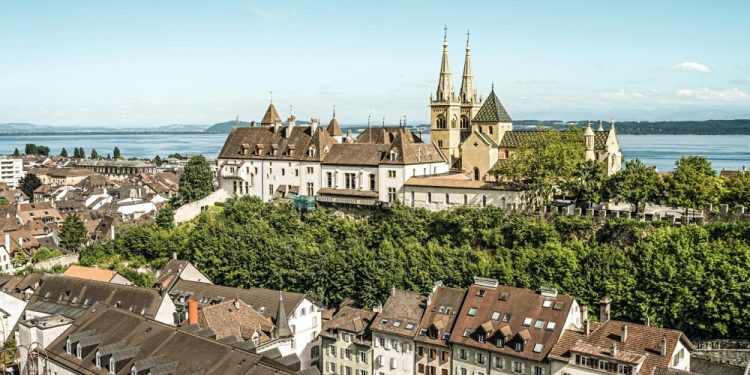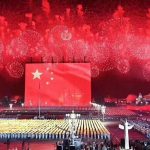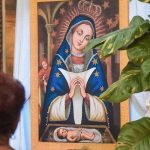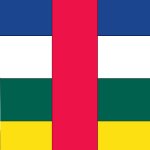
Republic Day in Switzerland (Neuchatel)
Observed annually in the canton of Neuchâtel in Switzerland on the 1st day of March, Republic Day is a holiday that marks the date in the mid-19th century when the canton became a republic within the Swiss Confederation.
It’s one of only two holidays celebrated exclusively in the canton, with the other being Jeûne Genevois, which is observed in Geneva after the first Sunday in September. Republic Day is a public holiday, and as such, many people in the canton have a day off, with schools and many businesses also closed for the day.
The History of Republic Day in Neuchâtel, Switzerland
Located in the western part of Switzerland, Neuchâtel is a French-speaking canton that first emerged as a single region during the Middle Ages. It adopted Protestantism, which caused it to become a principality within Prussia instead of one inside Catholic-majority France.
In 1806, Napoleon Bonaparte deposed King Frederick William III of Prussia as the prince of Neuchâtel but was restored a few years later in 1814. In 1815, the Congress of Vienna agreed to let Geneva, Valais, and Neuchâtel join the Swiss Confederation.
That made Neuchâtel the only monarchy to have joined the Swiss cantons. On March 1st, 1848, Neuchâtel declared itself a republic. This happened the same year that the Swiss Confederation officially became the Swiss Federation.
Facts About Neuchâtel
Let’s take a few moments out of the discussion of Republic Day to talk about Neuchâtel. We have found the following facts about the capital of the Neuchâtel canton online and would like to share this information with anyone willing to read about it.
- Neuchâtel is located on the shoreline of Lake Neuchâtel.
- It has a population of 33,455 people.
- Although Neuchâtel has been historically Protestant, immigration has now made Catholicism the majority religion of the population.
- The city has a population density of 4,800 people per square mile.
- The city is the center of the watch industry.
- The name of the city comes from the Medieval toponym that’s taken from the Old French word “Neu” (which means “New”) and “Châtel” (which means “Castle”).
- The city is named after the 10th-century Neuchâtel Castle.
Observing Republic Day in Neuchâtel, Switzerland
This day is observed with cultural events such as fairs, public markets, and other activities. It’s also a day off for the general public and a day for people to spend time with their friends and family. Anyone wishing to spread the word about this day can do so by using the hashtag #RepublicDayNeuchatel on social media.








